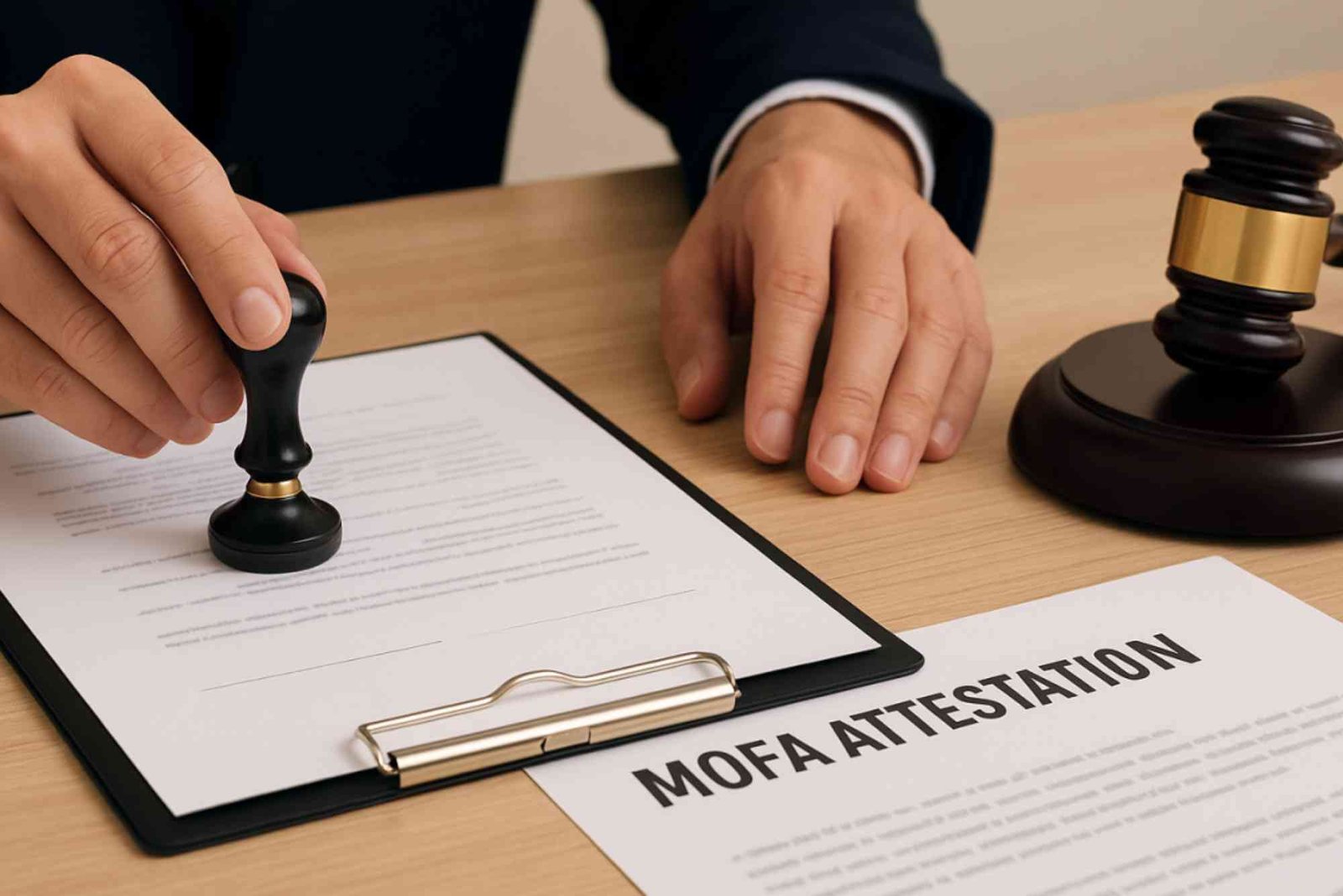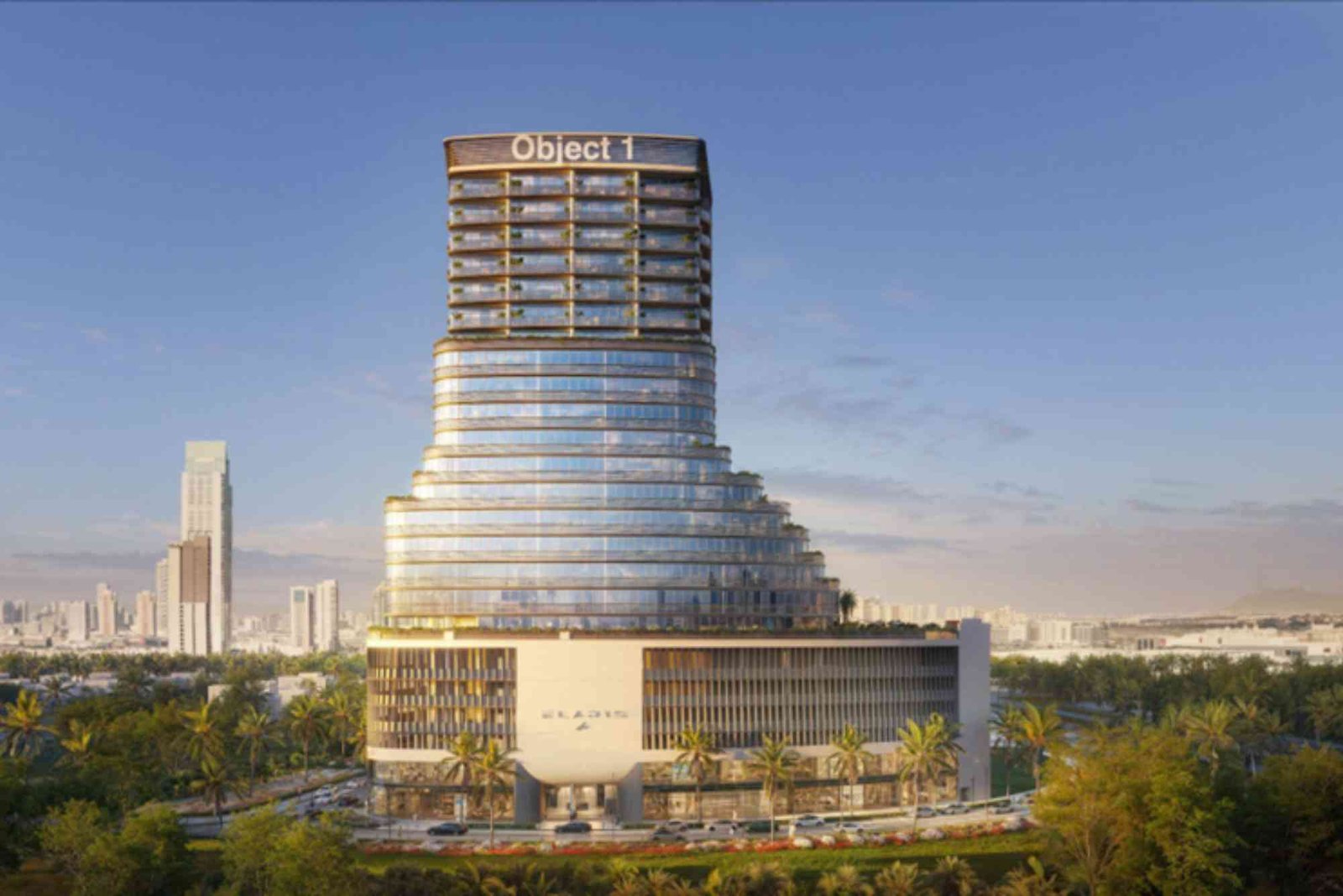Dubai has emerged as a global hotspot for franchising, attracting international brands and ambitious entrepreneurs. With a supportive business environment, tax advantages, and strategic geographic positioning, it’s no surprise that franchises are thriving in the emirate. However, one of the most frequently asked questions by franchisors and franchisees is: Do franchise agreements need to be registered in Dubai?
While the UAE does not have a specific “Franchise Law,” the short answer is: Franchise agreements themselves do not require mandatory registration as standalone contracts, but elements within the agreement—especially intellectual property rights and commercial agency relationships—do require official registration for legal enforceability and protection.
This article explores the legal landscape of franchise registration in Dubai, outlines which components must be registered, and discusses the critical role that experienced lawyers in Dubai play in ensuring your franchise is both compliant and well-protected.
Understanding Franchise Agreements in the UAE Context
A franchise agreement is a legally binding contract between a franchisor and a franchisee. It outlines the terms under which the franchisee can operate using the franchisor’s brand, systems, and intellectual property. In Dubai, the agreement typically covers:
- Licensing of trademarks and trade names
- Payment of royalties and fees
- Operational obligations
- Quality control mechanisms
- Duration and renewal terms
- Territory exclusivity (if any)
- Training and support
- Termination and dispute resolution
Even though there is no franchise-specific law in Dubai, these agreements are governed by various other legislations, such as:
- UAE Civil Code
- UAE Commercial Transactions Law
- Federal Law No. 18 of 1993 (Commercial Agencies Law – where applicable)
- UAE Intellectual Property laws
- Consumer Protection laws
Given the complexity and cross-referencing of laws, lawyers in Dubai are often engaged to draft, review, and advise on the enforceability of franchise agreements.
Is Franchise Agreement Registration Mandatory?
Technically speaking, franchise agreements themselves are not required to be registered with a government authority in Dubai. However, this doesn’t mean registration is unnecessary across the board. Certain critical elements within the agreement must be registered or protected for the contract to have legal validity or enforceability in specific scenarios.
Let’s examine these elements:
1. Trademark Registration – Mandatory and Essential
Franchises are built on brand value, which is why trademark protection is at the heart of any franchise agreement. Before licensing the use of a trademark, it must be:
- Registered with the UAE Ministry of Economy
- Active and valid in the relevant business categories
- Legally owned or licensed by the franchisor
If a franchisor allows a franchisee to use a trademark that is not officially registered in the UAE, there is no legal protection for that trademark under local law. This could expose the franchisor to imitation, brand dilution, or even litigation.
Lawyers in Dubai assist clients in conducting trademark searches, filing registration applications, and enforcing rights in case of infringement.
2. Commercial Agency Registration – Conditional but Powerful
If the franchise relationship gives the franchisee exclusive rights to distribute goods or services in a specific territory, and the relationship meets certain criteria, it may qualify as a commercial agency under UAE law.
In such cases, registration with the Ministry of Economy is possible under Federal Law No. 3 of 2022 on the Regulation of Commercial Agencies.
Once registered as a commercial agency:
- The franchisee gains legal protections, including exclusivity.
- Terminating the agreement becomes more difficult without just cause.
- The agreement can only be modified with mutual consent or through the courts.
However, many franchisors prefer not to register as a commercial agency to avoid these limitations. Lawyers in Dubai evaluate whether a franchise qualifies as a commercial agency and advise on the pros and cons of registration.
3. Legal Translation and Notarization – Practical Considerations
If the franchise agreement will be used in court proceedings or with government entities, it must be:
- Translated into Arabic by a certified legal translator
- Notarized and possibly attested by the relevant authorities
This is especially important if the agreement is used in commercial licensing, immigration processes, or legal disputes.
Dubai lawyers handle this process smoothly, ensuring the documents meet the official requirements for use in any legal context.
4. Optional Registration with Free Zone Authorities
If the franchise will operate within a Dubai free zone, such as Dubai Multi Commodities Centre (DMCC) or Dubai Silicon Oasis (DSO), the relevant free zone authority may request:
- A copy of the franchise agreement
- Proof of trademark ownership
- Trade license applications and business plans
Some free zones have industry-specific rules or due diligence procedures. Though not public registrations, submitting these documents is necessary for local approval.
Experienced lawyers in Dubai who regularly deal with free zone setups are essential for streamlining these submissions and avoiding rejections or delays.
Why Registration of Elements Within a Franchise Agreement Matters
Even though the agreement itself may not need to be registered as a single document, registering key elements within it offers vital legal advantages:
- Trademark registration provides enforceable protection against infringement.
- Commercial agency registration (when applicable) enhances franchisee rights but must be carefully considered.
- Notarized Arabic translations ensure the agreement can be used in UAE courts.
- Proper licensing with free zone authorities ensures the franchise can operate legally in those jurisdictions.
Each of these areas involves its own set of documentation and processes, which can be difficult to navigate without legal support.
The Role of Lawyers in Dubai in Franchise Agreement Registration
Professional legal support is invaluable when establishing a franchise in Dubai. Here’s how lawyers in Dubai help at every step of the franchise registration process:
a) Drafting Compliant Franchise Agreements
They ensure that your franchise agreement is:
- Legally valid under UAE law
- Clear on obligations, rights, fees, IP use, and termination clauses
- Not inadvertently triggering unwanted agency relationships
b) Registering Trademarks
They manage:
- Trademark searches
- Filing with the Ministry of Economy
- Renewal, opposition handling, and infringement cases
c) Evaluating Commercial Agency Status
Lawyers assess:
- Whether the franchise qualifies as a commercial agency
- Risks and benefits of registration
- Strategy to avoid disputes or unintended consequences
d) Ensuring Proper Licensing and Documentation
They assist in:
- Preparing and translating documents
- Submitting agreements to free zone or mainland authorities
- Navigating any licensing complications
e) Dispute Resolution and Enforcement
In the event of a disagreement, a properly structured and well-documented agreement improves your chances of a favorable outcome in court or arbitration. Lawyers in Dubai offer legal representation and guidance through dispute resolution channels.
Common Mistakes to Avoid
Many businesses fall into traps when it comes to franchise agreement registration and documentation. Some of the most common errors include:
- Failing to register trademarks locally before licensing them
- Confusing a franchise agreement with a commercial agency relationship
- Using foreign legal templates without adapting them to UAE laws
- Not translating or notarizing documents properly
- Ignoring free zone-specific legal requirements
All of these issues can result in legal disputes, government rejections, or damage to your brand. That’s why involving lawyers in Dubai from the outset is a proactive and risk-mitigating strategy.
Final Thoughts
To summarize, while franchise agreements in Dubai do not require mandatory registration as a standalone legal document, certain key elements—especially trademarks and commercial agency relationships—must be registered or documented properly for legal protection and operational compliance.
Engaging experienced lawyers in Dubai is the smartest way to navigate the legal landscape of franchising. From contract drafting and trademark registration to commercial agency advice and compliance with licensing authorities, legal professionals offer end-to-end support that helps you build a solid foundation for franchise success in the UAE.
If you’re planning to launch a franchise or expand your brand into Dubai, don’t take chances with legal loopholes. Get in touch with trusted lawyers in Dubai to protect your interests, streamline your registration process, and ensure long-term franchise compliance.









